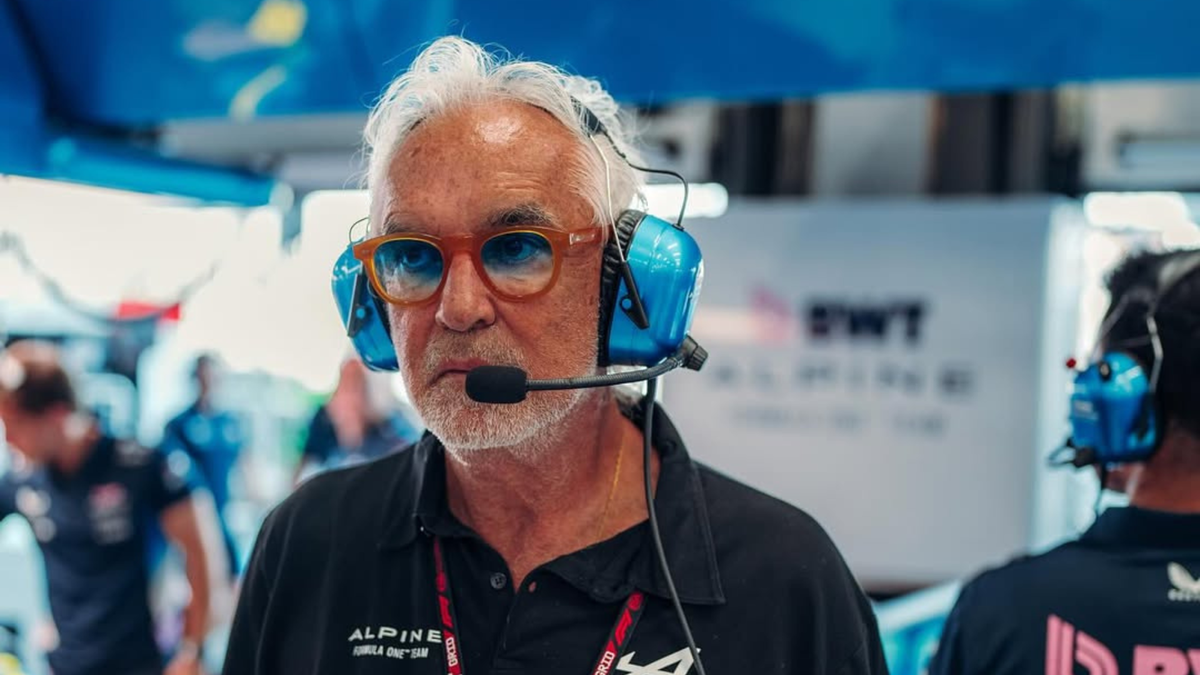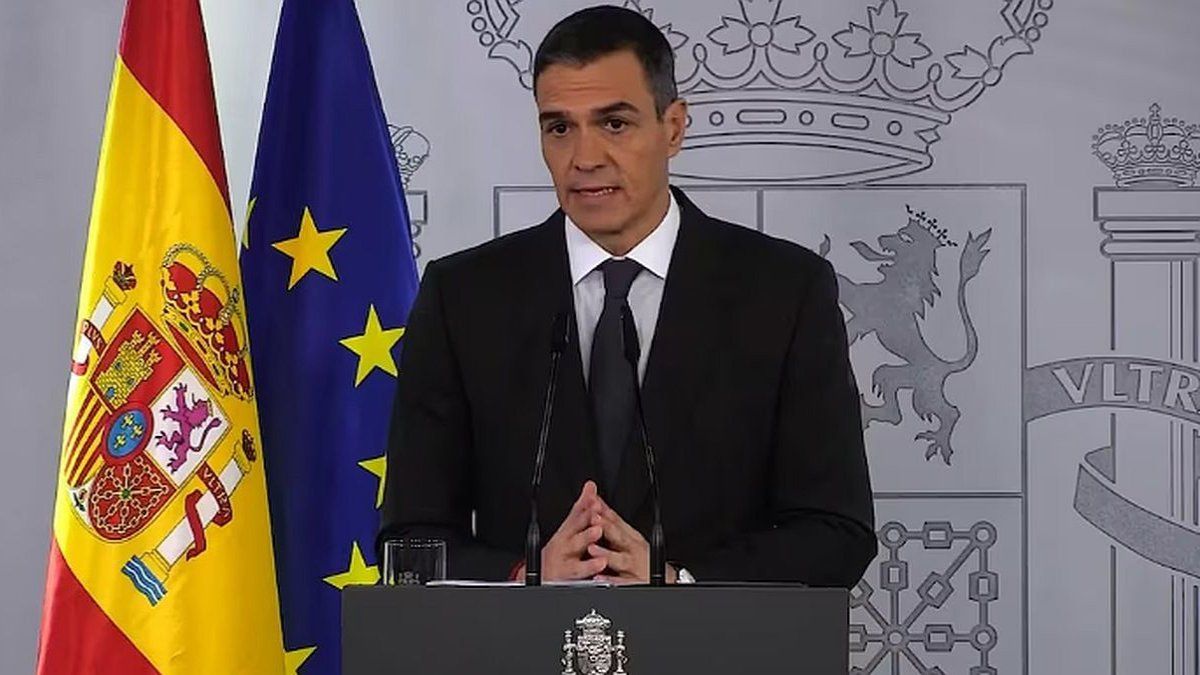One day after the end of the cabinet retreat, the first ranks of federal politics are at the VKU. The message is clear. The economics minister promises government support for replacing the heating system.
The federal government is trying to spread confidence in the fundamental and climate-friendly conversion of the energy supply. “We can and will succeed in the energy transition,” said Federal Chancellor Olaf Scholz (SPD) today at a conference of the VKU municipal utility association in Berlin.
The future belongs to renewable energies – for cost reasons, for environmental reasons and for safety reasons.
The Federal Government is promoting energy-efficient refurbishment and the accelerated use of renewable energies in buildings, said the Chancellor. From 2024, 500,000 new heat pumps should be installed every year – this goal was already known. The Federal Heat Pump Association expects 350,000 new heat pumps in Germany this year.
Habeck: The heating issue should not become a social issue
However, heat pumps are usually significantly more expensive than gas or oil boilers. Economics Minister Robert Habeck (Greens) promises state support for households in saying goodbye to oil and gas heating.
The Economics Minister announced that the heating plans should be accompanied by a “major social policy support measure” – as long as heat pumps are significantly more expensive than gas heating. Habeck speaks of public subsidies, at least for households that could not otherwise afford an exchange.
Habeck defends the controversial plans to ban new gas and oil heating systems from 2024. New heating systems should then be operated with at least 65 percent renewable energies. The Ministry of Economic Affairs and the Ministry of Construction are working on a corresponding draft law. The SPD, Greens and FDP had agreed in the coalition agreement that from 2025 every newly installed heating system should run on 65 percent renewable energy sources. A year ago, the coalition decided to bring this forward by a year.
75 percent of heating systems in Germany are still operated with natural gas and oil, says Habeck. “If we believe our Sunday speeches a little bit, then things can’t stay like this,” says the minister, referring to climate targets. You have to have this debate now. In his opinion, there is no alternative but to make the decision this year on how the heating sector will also be decarbonized.
The traffic light relies on green electricity
Scholz refers to progress in the expansion of green electricity from wind and sun and the planned construction of new gas power plants, which can then be converted to hydrogen. The energy industry complains that there are currently too few incentives for the construction of new gas-fired power plants. Experts warn of an impending power shortage.
According to plans by the federal government, 80 percent of electricity is to be produced from renewable energies by 2030; it is currently almost half. The three remaining nuclear power plants are scheduled to go offline in mid-April. According to the coalition, the phase-out of coal is to be brought forward by eight years to 2030 – this has already been agreed for the Rhenish mining area, but not yet for the lignite mining areas in the east.
The chancellor goes on to say that the federal government will promote so-called power purchase agreements between buyers and producers of renewable energies. These are special, often long-term and direct power purchase agreements.
Yesterday, at the end of the cabinet meeting in Meseberg, Habeck confirmed that he intends to present a concept for an industrial electricity price soon. Above all, offshore wind power represents large amounts of energy, which could then benefit companies via direct contracts.
Industrial unions see hundreds of thousands of jobs at risk because of the high electricity prices in Germany compared to other countries. The trade unions IG Metall, IGBCE and IG BAU said there was a risk of job losses and site closures, particularly in energy-intensive sectors such as the steel, chemical and building materials industries. With a nationwide day of action on Thursday, they want to emphasize the demand for an industrial electricity price that is internationally competitive and ensures long-term planning.
Source: Stern




